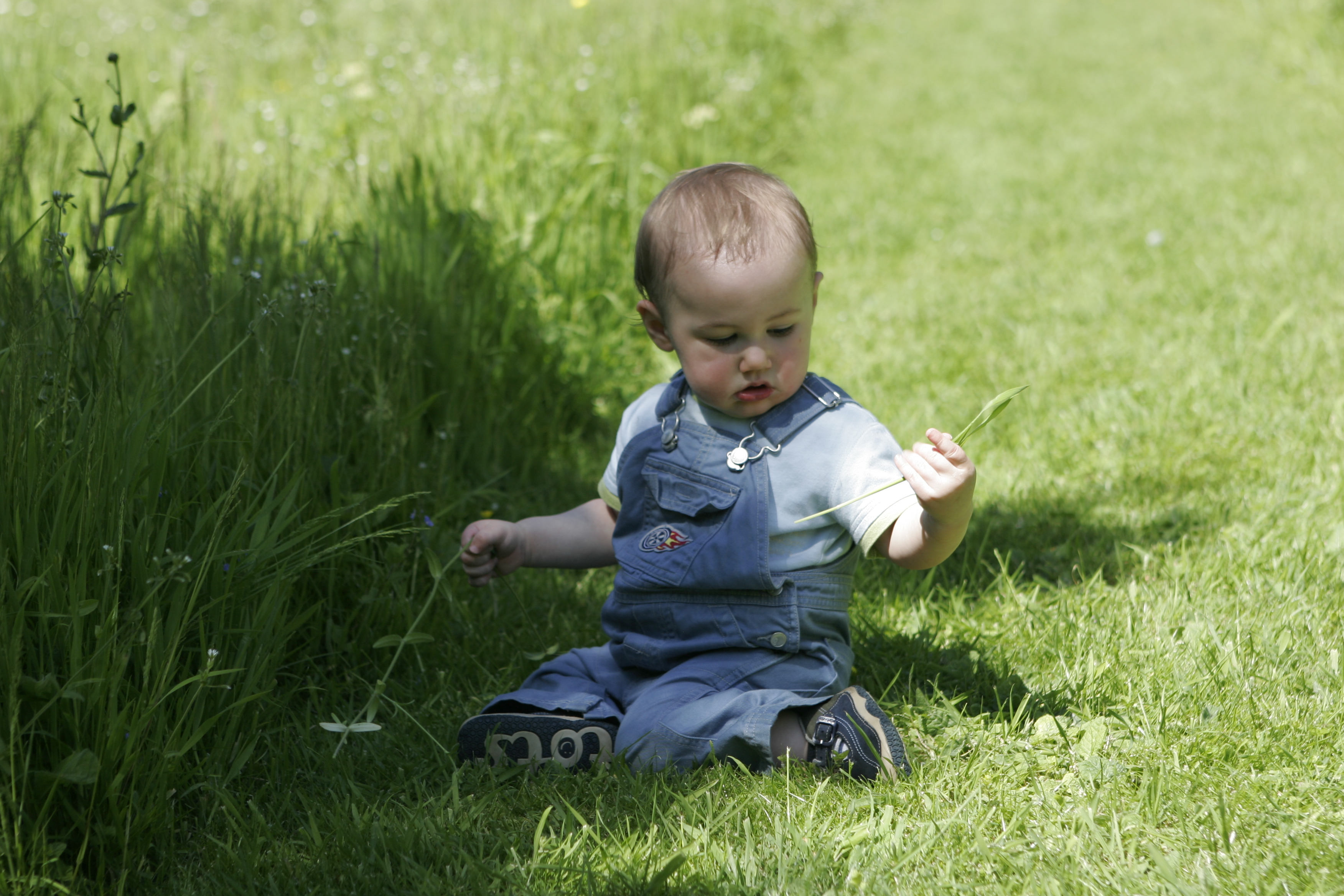Your baby's milestones part 2 (6 months +)
31/08/13 23:15
This is part 2 of some of the key baby milestones, and this time we’re looking at milestones from 6 months old.
It’s important to remember that babies don’t all develop at the same rate, and so may pick things up faster or slower than others. If you’re worried about anything, it’s always worth going to see your GP.

The milestone: Weaning
By six months you’ll need to start introducing solid food. You may find that she is no longer satisfied by milk and that she’s starting to show interest in the food that you and others are eating. Your baby needs it to build up nutrients in her body, as well as to help develop muscles and coordination in her mouth, which is essential for talking.
The milestone: Separation anxiety
At around 7 months to a year, your child will start to become aware that you are a separate person from her and that means when you go away, realizing that you don’t
By 8-9 months babies have enough strength to be able to sit up by themselves. Help them master this skill by putting them on their tummy to help their neck and back to grow stronger. While they’re still unstable, put cushions around them incase they topple over.
The milestone: Pincer grip
The pincer grip is when your child can hold something between her thumb and index finger and shows much greater finger dexterity. This usually happens between 8 to 12 months. Help her practice this useful skill by giving her small items to pick up – leave peas on her highchair tray, for instance.
The milestone: Crawling
Not every baby crawls, but those that do tend to start at around nine months and will very quickly start shooting off all over your home. Many start to crawl backwards before moving forwards. Now is the time to get the baby gate out and start baby proofing your house. You can encourage crawling by putting your baby on her tummy for small periods of time even from a young age, and by putting her favourite toy just out of reach to entice her to crawl and get it.
The milestone: Standing/Cruising
Whether your baby loved to crawl, or passed this stage in favour of ‘bum shuffling’, at some point she’ll get on her feet. Then probably fall back down again. This normally happens at around 10 months.
Cruising is when she takes this ability one step further and will ‘walk’ around while holding onto furniture. Cruising helps your baby learn to balance and helps to strengthen her lower body. It’s helpful to hold onto her hands while she practices standing and walking.
The milestone: Talking
From around 4-6 months your baby will have been babbling – copying the kind of sounds you make to practice for the real thing. Usually, you’ll only get real words at around 12-18 months when they’ll have about 20 words in their vocabularly. You’ll find that even though they can only say c. 20 words, they’ll understand many more.
The milestone: Walking
This is a huge milestone for most parents, who’ll want to capture the moment, and often happens around your baby’s first birthday, though any time from about 10 months til 18 months is normal. At last, your baby will have managed to coordinate her balance with the action of putting one foot in front of the other. Help her practise this life-long skill by holding her hands while she walks around the room. You can also help her practice by encouraging her to walk a few steps between Mummy and Daddy.
The milestone: Potty training
Many children start to be potty trained at 2.5years old, but some are closer to 3. Your child will need to be able to tell the difference between wet and dry, know when they need to go to the toilet and also be able to communicate this to you. Be guided by your child as to when they are ready to start, and try to approach it with a relaxed manner and when there aren’t other major things happening.
For night time dryness, there is a hormone which signals to your body to stop making urine at night and many only have the right levels of this hormone after the age of three. Up until the age of five, accidents are therefore common.







